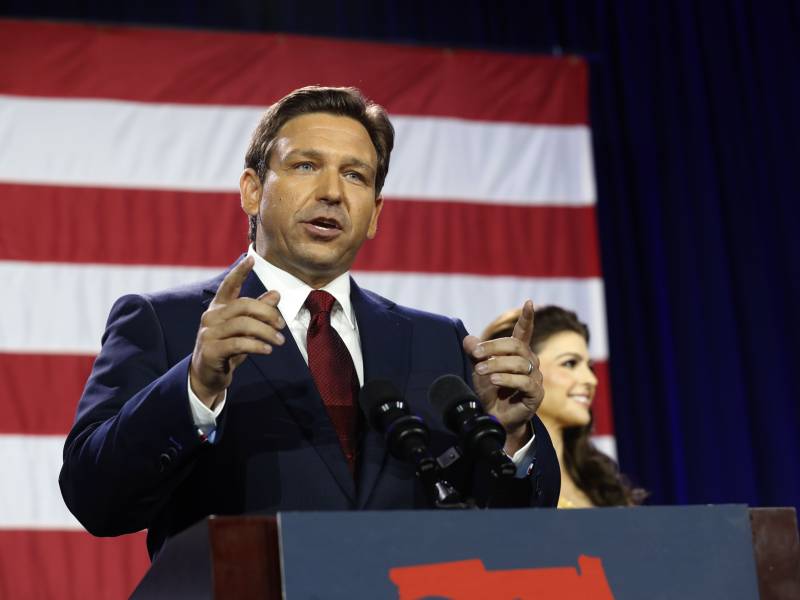The state's rejection of the class comes as a wave of states attempt to censor the topics of race and sexual orientation in public schools.
DeSantis has been particularly combative on this issue. In 2022, he signed the "Stop WOKE" Act, which — among other things — sets limits on how race may be taught in classrooms.
What's in the course
The purpose of the class is to introduce students to the experiences and contributions of African Americans through a variety of lenses.
"We didn't want to just focus on slavery, although slavery is a part of it," Tinson said. "We wanted to give a comprehensive view of the culture, literature, historical development, political movements, social movements."
Tinson said the course will explore the origins of the African diaspora to Reconstruction, the Harlem Renaissance, the Civil Rights movement, and then some. It will also examine historical trailblazers like Valerie Thomas, a scientist who invented the illusion transmitter.
He is particularly excited for students to have a fuller grasp of the Haitian revolution, which Tinson argues tends to be underrepresented in history classes compared to the American and French revolutions despite being the most successful slave revolt in world history.
What's not in the course
Among the concerns that Florida officials have raised is whether the course will teach critical race theory, the legal framework that argues racism is not just the product of individual bias, but is embedded in legal systems and policies.
"Florida rejected an AP course filled with Critical Race Theory and other obvious violations of Florida law," Florida Education Commissioner Manny Diaz Jr. wrote on Twitter on Friday.
"We proudly require the teaching of African American history. We do not accept woke indoctrination masquerading as education," he added.
But Tinson denied accusations that the theory will be taught in the course. While the class will explore the issue of inequality, the framework itself is too advanced for high school students even in a college-level course, according to Tinson.
Precedent set by other classes
African American studies is not the first time that the AP program has offered a class on a community's history and culture. In fact, there are courses on European history, German history and culture, Chinese history and culture, and more.
As a result, there's a standard and format to how these curriculums are shaped to serve the best interest of students. The College Board told NPR that the African American studies course has been nearly a decade in the making.
"The reason why this is even an important area of study is because of the historical erasures from historical records in public schools of African experiences," Tinson said. "This is one small step to resolve that gap."
Copyright 2023 NPR. To see more, visit https://www.npr.org.
9(MDAxOTAwOTE4MDEyMTkxMDAzNjczZDljZA004))



9(MDAxOTAwOTE4MDEyMTkxMDAzNjczZDljZA004))